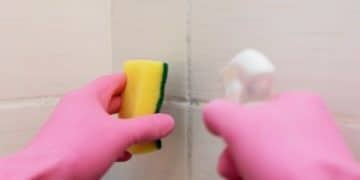
Can A Homeowner Remediate Mold Yourself?
In South Carolina can a homeowner remediate mold yourself? The EPA recommends that homeowners hire a professional to do the mold remediation …
Can you remediate mold yourself?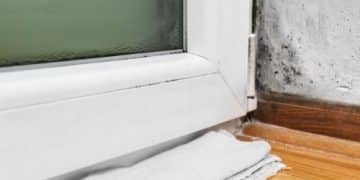
Can You Live In A House With Mold?
In South Carolina can you live in a house with mold? Not only does mold grow in your home, but it can also damage large sections of your property.
Can you live in a house with mold?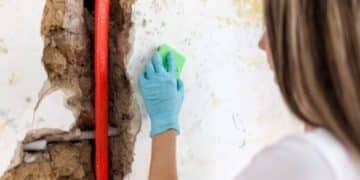
Does Mold Have To Be Professionally Removed?
Does mold have to be professionally removed? In South Carolina professional mold removal is essential if you want to prevent spreading the mold …
Do you have to hire a professional mold removal company?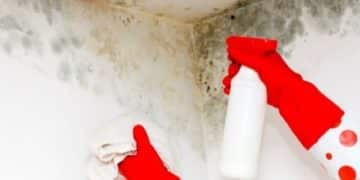
Does Mold Remediation Really Work
Does mold remediation really work in South Carolina? Learn about the cost of removing mold, how long it takes, and what effects it can have on …
Does mold remediation work?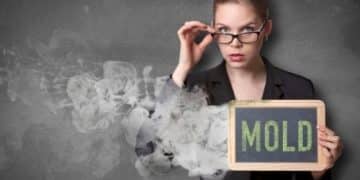
Health Department Mold Inspection in South Carolina
Health Department mold inspection in South Carolina. Many residents have concerns about the presence of mold following a storm or other severe …
Health Department mold inspection.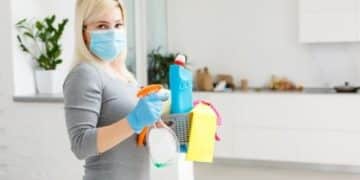
How Do I Get My House Tested For Mold?
While mold inspections used to be reserved for professional inspectors, these days, testing methods have become more affordable and accessible.
How do I get my house tested for mold?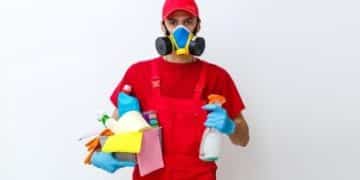
How Much Does Mold Remediation Cost?
How much does mold remediation cost in South Carolina? The answer will vary greatly depending on the scope of the damage and the area of the …
How much does mold remediation cost?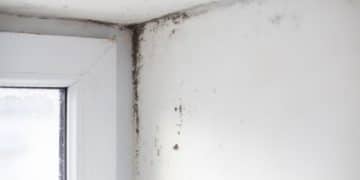
How to Remove Mold From Inside Walls
How to remove mold from inside walls. Learn how to remove mold form walls in South Carolina.
How to remove mold from inside walls.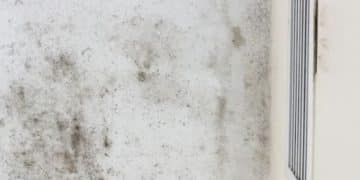
Mold Inspection And Testing Tips
South Carolina mold inspection and testing tips. Top 3 methods: moisture mapping, swab test, and identifying dark spots.
Mold inspection and testing tips.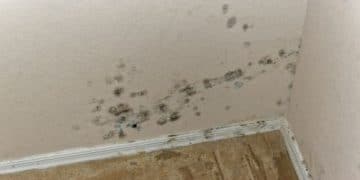
Mold Inspection For Apartments in South Carolina
Mold inspection for apartments in South Carolina. If you're wondering how much a mold inspection in South Carolina costs, this article will give …
Mold inspection for apartments in South Carolina.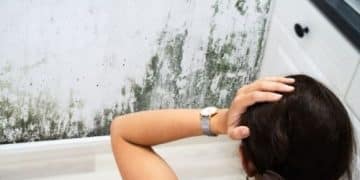
What Is The Difference Between Mold Removal And Mold Remediation?
In South Carolina what is the difference between mold removal and remediation? Learn the answer to a common mold question regarding removal and …
What is the difference between mold removal and mold remediation?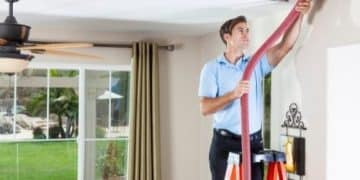
What to Do If You Find Mold in Your Home in South Carolina
South Carolina is a perfect environment for the growth of mold thanks to the high humidity and temperature. Here are three signs to look for.
What to do if you find mold in your home?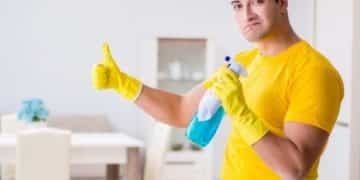
When Is Mold Remediation Required
When is mold remediation required in South Carolina? We explain the stages of mold remediation and what to expect when you have a mold problem..
When is mold remediation required?Common questions about mold removal in South Carolina:
If you're dealing with a mold problem, you may be wondering whether you should hire a professional or try DIY mold removal. There are many things you should know about mold and its removal, but the best way to start is by getting educated about the process. Here are some answers to common questions about mold removal. Keep reading for more information. Before you hire a professional, however, be sure to ask about any safety measures that will be taken during the removal process.
First, you should ask yourself whether the company you hire has experience with removing mold. Professional mold removal is a bit more expensive than DIY, so it's essential to find a company with a proven track record. Also, make sure to find out whether or not the company offers a guarantee for the work they perform. If the company doesn't offer this, don't hire them - this can be a red flag that they're not reputable.
Second, you should consider whether you need to get the mold tested. This step can be worth the money if you have legitimate health concerns or need to prove a reduction in the mold level. However, for the most part, you should just call a professional to do the mold removal. This will save you money and time in the long run. It's also important to contact a professional if you suspect you have a mold problem.
You can also try to remove mold yourself, but make sure you hire a professional if you're unsure of your skills. Mold spores are very light and can easily cross-contaminate a space. Also, a mold inspector can help you determine the extent of the problem. When in doubt, you can ask your family member to clean the area, but it's best to hire a professional for larger infestations.
Once you've made a list of your mold removal needs, it's time to get an estimate. Make sure you get an itemized estimate that clearly outlines all the costs involved. This way, you'll know exactly what you're paying for and what you're not. The term "Mold Remediation" may be misleading, but it doesn't tell you anything about what you're getting. It's important to have an itemized estimate that details every single aspect of the remediation process, from garbage removal to equipment decontamination.
It's also important to choose a mold remediation specialist with experience in the industry. Remember, you shouldn't use a one-stop-shop company if you want to save money. One company that provides both testing and remediation services is known to exaggerate or fabricate mold problems. These companies are betting on homeowners who aren't educated enough about mold and remediation to make an informed decision.
What kind of mold is causing the problem? While all types of mold can cause health problems, toxic molds are the most dangerous. These molds produce toxic substances known as mycotoxins. Exposure to these compounds is usually a result of chronic exposure rather than acute exposure, so it's important to seek out a mold remediation expert. The U.S. Centers for Disease Control and Prevention advise treating all types of mold as if they're the same. This is because exposure to any mold can cause health effects in the right conditions.
